Mentoring and coaching: learning modules

Mentoring and coaching have been identified as effective and efficient support instruments for young people facing challenges and developing the necessary skills to succeed in the world of work. There is no standardised approach to coaching and mentoring. This section presents a selection of different processes and techniques which can be used in a wide variety of contexts. It is important to note that the processes and techniques should not become the main feature of a coaching and mentoring session and therefore should be used with caution. Nevertheless, they can assist in facilitating a conversation and examining an issue from different perspectives. This can contribute to the formulation of informed decisions and assist the mentees and coaches in navigating complexities and challenges.
The mentoring manual provides an overview of how mentoring can be employed in different social and economic contexts. The manual is written with mentoring programme managers and decision makers in mind. It provides an overview of how mentoring programmes can be used, how to identify, train and support volunteer mentors and how to evaluate mentoring programmes. The manual is a synthesis of practical experience and research. As with any manual, it offers insights but cannot replace direct engagement with mentoring experts. Readers are encouraged to contact the authors of the manual to discuss further support.
Read the learning modules here
Learn moreMentoring: A practical guide

There are many different definitions of mentoring and, more importantly, different social practices in different social contexts out there which define and shape mentoring. In this guide we focus on mentoring for young people between the age of 20 and 30 who are not in employment, not in education or training (NEETs). We will discuss mainly three different forms of mentoring, i.e. support mentees to either start and sustain their own business, to support micro entrepreneurs to face challenges of a crisis, or to secure a job. Additionally, we will discuss how our approach to mentoring has developed during the COVID-19 pandemic. This guide is based on our practical experience as mentoring programme managers (MPM) and mentors as well as research.
Mentoring Learning Modules & Techniques
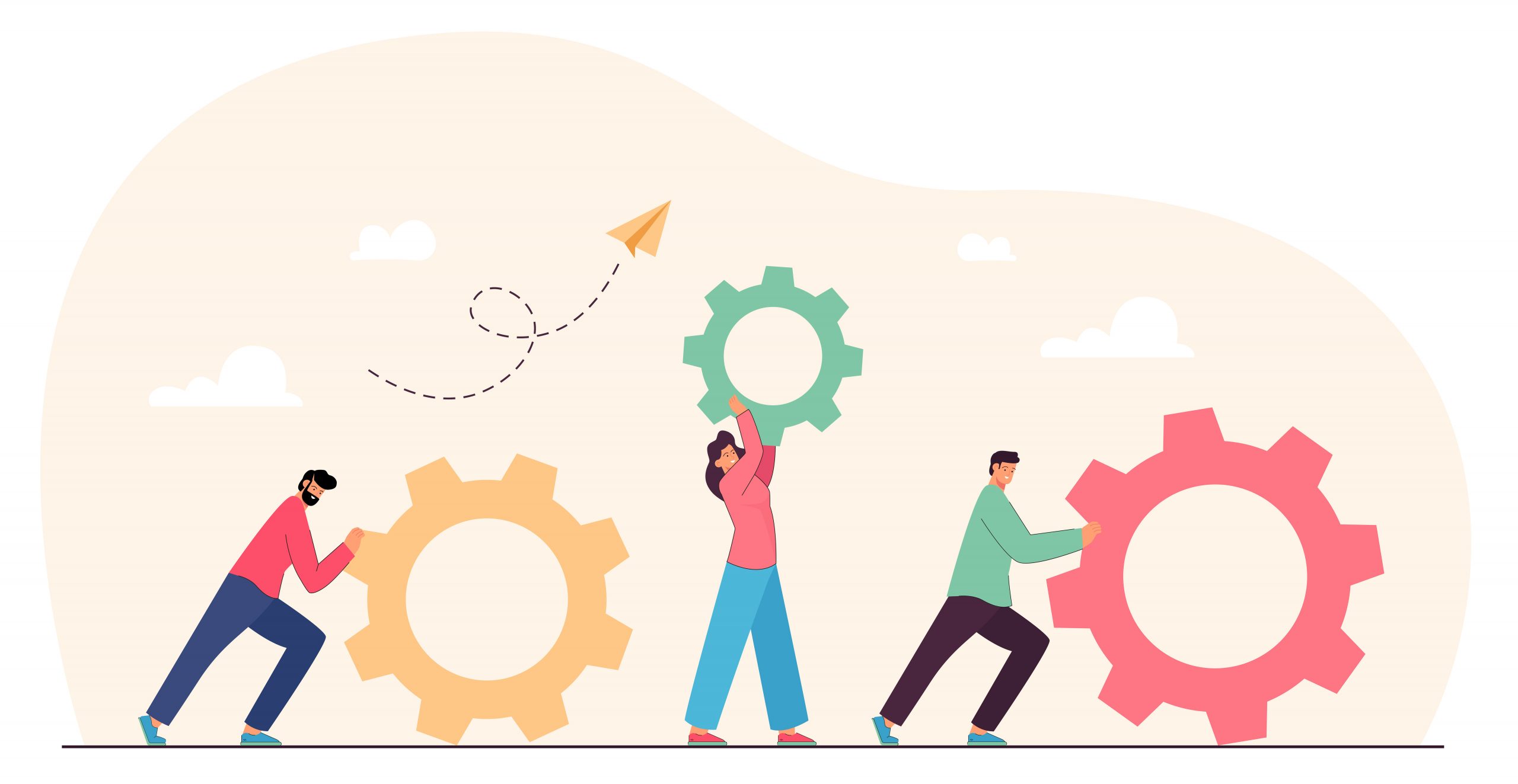
There are many approaches to mentoring. A more traditional approach would be where mentors share their experience with their mentees. We advocate for a non-directive approach where mentors help their mentees to navigate complexities and uncertainty by exploring opportunities and inviting their mentees to experiment rather than suggesting a way forward. This is critically important to strengthen the mentee’s agency and avoids building unwanted dependencies.
Mentoring is considered to be a very effective support intervention when people are in a phase of transition and change. The main objective is to help mentees to stand on their own two feet. A key success factor is the quality of the working alliance between mentor and mentee. The relationship between the dyads are based on trust and rapport. Mentoring can contribute to build external resources which has been identified as one of the most successful intervention.
The webinars and learning modules have been designed during the COVID-19 pandemic and the outbreak of the war in Ukraine. Both events present new challenges where traditional pathways to self- and regular employment became more difficult. To address such difficulties we decided to focus on a process models which help mentees to build confidence and independence, making use of what means they have and building up external resources. The related techniques can help to deal with uncertainty, complexity and ambiguity. However, no process model or technique is able to solve issues and advance the agenda of mentees. Therefore, we suggest to think of the processes and techniques as suggestions on how to deal with certain issues rather than a solution in itself. We strongly recommend to practice techniques before using them.
The processes & techniques can be used in an offline and online learning environment. The webinars can be delivered in 90’ sessions. Use and adjust them so they fit your and your beneficiaries needs. Use equal time for presenting the processes & techniques and discussing real life cases of your beneficiaries and how the processes & techniques might be used in your context.
EEA Coaching Mentoring Techniques
- Controlling the Controlables
- Rose-Bud-Thorn
- Scaling
- Creative writing – Morning pages
- Storyboard – Finding a way forward
EEA Mentoring Learning Modules
- Mentor Workshop – Induction
- Workshop 2 for Mentors: Processes
- Workshop 3 for Mentors: Listening & Questions
- Workshop 4 for Mentors: Effectuation
- Workshop 5 for Mentors: VUCA
- Workshop 6 for Mentors: Change & Transition
Trust-based partnership models to empower youth
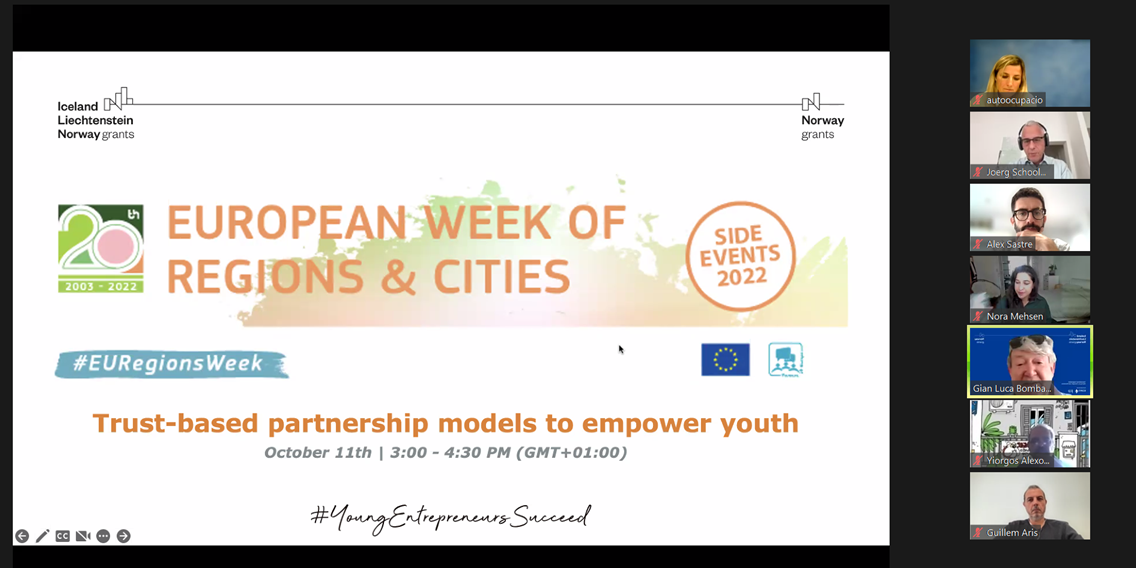
In our online side event Trust-based partnership models to empower youth, during the European Week of Regions & Cities, we shared our experience establishing trust-based partnership models to scale impactful programs to empower youth.
Learn moreInnovation

Innovation tools, techniques and approaches support you to be more creative, collaborative, and human-centered. Every entrepreneur, business and organisaton faces problems, both big and small. To tackle those problems, you need to devise creative, innovative solutions faster than ever.
How do people actually become more innovative? There are so many ways to be innovative that identifying the best approach to a certain situation can be overwhelming. The tools and techniques outlined here provide a more structured and simple way for innovating and problem solving. These approaches are flexible and multiple methods can be combined in different ways as needed to tackle specific problems and challenges.
- Innovation Definition and Categorization
- 10 Types of Innovation
- The Innovation Mindset
- Understanding Design Thinking
- Effective Ideation Session
- Effective Empathizing Methods
- How to Define a Problem
- Prototyping and Testing
- Choosing and Prioritizing Ideas
- Effective Pitching
Country Reports

The aim of this report series is to gather and present relevant data on NEETs in Greece, Italy, Spain and Poland with the purpose of informing decision-making in the context of the project: “YES!” funded by Iceland, Liechtenstein and Norway through the EEA and Norway Grants Fund for Youth Employment. Coordinated through a cooperation of eight partners, the project aims at improving the employment situation of young people neither in employment nor in education and training (NEETs) through innovative approaches and the partners’ transnational cooperation on labour market issues.
Learn moreImpact Assessment
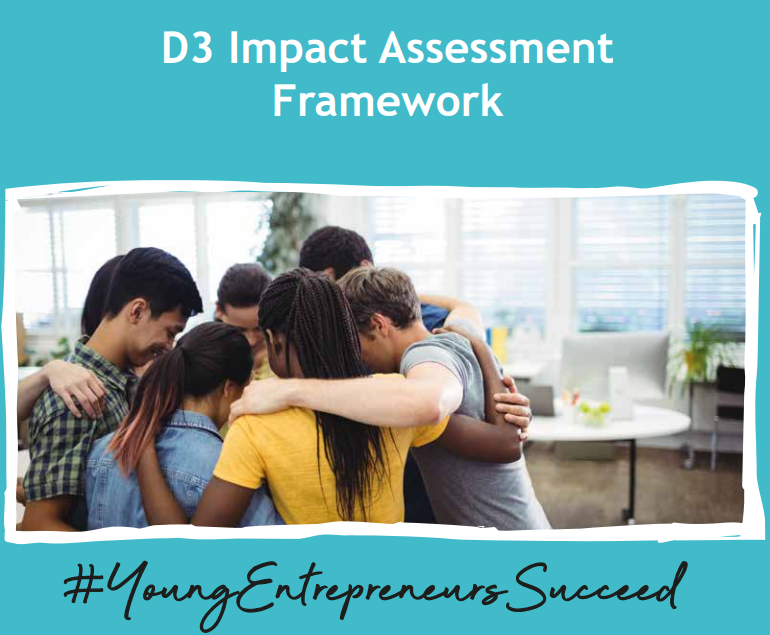
This deliverable presents schematically the work assumed under WP6 “Impact Assessment” to develop an impact assessment framework tailored to the objectives of the TPM-RYE projects and the needs of partners. It presents the developed Theory of Change, continues with a graphic representation of the impact assessment framework and concludes with the supporting tools and questionnaires prepared to collect necessary data and information. Implementation partners have been trained accordingly and are ready to use the framework, tools and questionnaires.
Greece
Italy
Poland
Spain
Learn moreToolkit Box
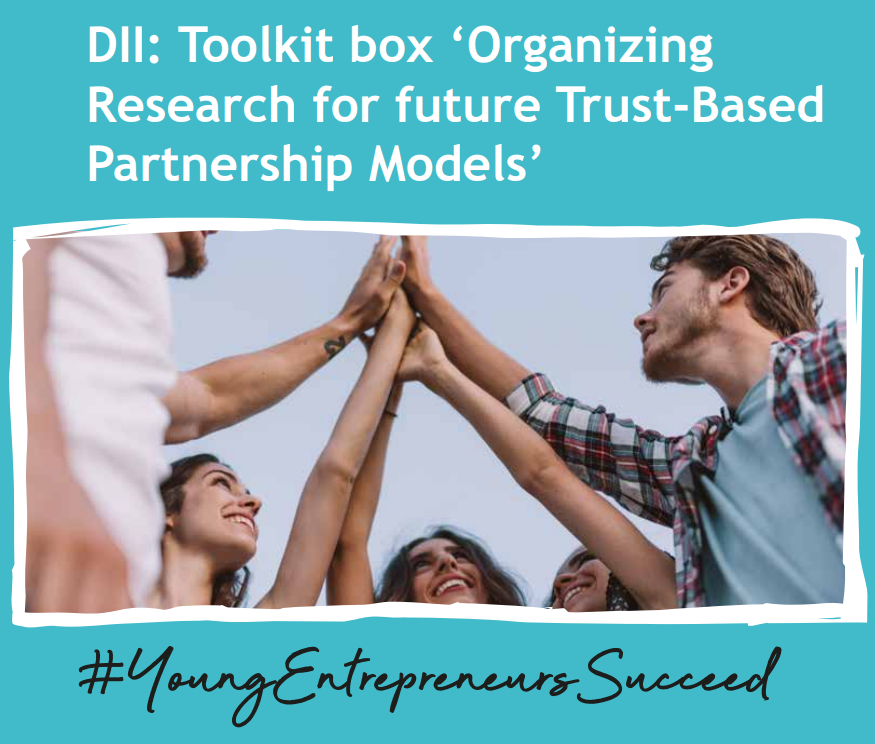
This document is a practical guide (a toolkit) that can be applied in different regions, countries and for diverse target groups. It can be used by researchers as well as practitioners wishing to design employment and entrepreneurship programs aimed at improving the employment situation of young people neither in employment nor in education and training (NEETs).
Learn moreInterviews with experts

Interviews with mentors and experts about the access to labour market and entrepreneurship.
… Learn moreExploring the impact of voluntary business mentoring on young entrepreneurs
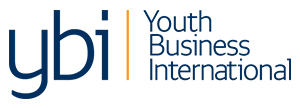
Youth Business International (YBI) is a global network of independent non-profit organisations which help young people to start or grow sustainable businesses, which create jobs and strengthen communities.
Learn more
